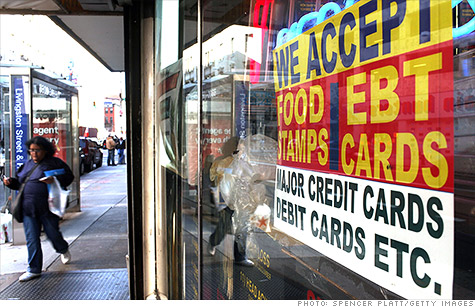Supreme Court Allows Immigration Checks
The Supreme Court upheld a key part of Arizona's tough immigration law, ruled against life sentences for juveniles and rejected corporate campaign spending limits. Jess Bravin wraps today's decisions and looks ahead to the eagerly awaited decision on on the 2010 federal health-care law. Photo: AP.
Top court's decision on Arizona will affect other states, too
The Supreme Court's decision on Arizona's attempt to legislate immigration is likely to have far-reaching effects on other states' efforts to enact similar legislation and underscores the need for federal action, experts said Monday.
The decision is "a resounding defeat for the legislators of Arizona and other parts of the United States who think that immigration can be regulated at the state level," said Charles H. Kuck, managing partner at Kuck Immigration Partners in Atlanta.
He predicted Monday's decision will affect Alabama, South Carolina, Indiana, Utah as well as Arizona. The court's message to each state is the same, he said: "This is a federal issue."
The big question now, he said, is what Congress will do to fix the immigration problem. But he doesn't expect any immediate movement. "I would guess they won't touch this with a 10-foot pole until after they come back after the election."
Supreme Court permits no limits on state campaign funds
In a blow to those trying to restrict corporate spending in U.S. elections, the U.S. Supreme Court on Monday ruled against a century-old law in Montana that set limits on business spending for political campaigns in the state.
Supreme Court rules juvenile life without parole cruel and unusual
WASHINGTON — The Supreme Court on Monday limited the use of life terms in prison for murderers under 18, ruling that judges must consider the defendant’s youth and the nature of the crime before putting him behind bars with no hope for parole.
In a 5-4 decision, the high court struck down as cruel and unusual punishment the laws in about 28 states that mandated a life term for murderers, including those under age 18.
The justices ruled in the cases of two 14-year-olds who were given life terms for their role in a homicide, but their decision goes further. It applies to all those under 18. It does not automatically free any prisoner, and it does not forbid life terms for young murderers.
Nonetheless, it is an important victory for those who have objected to imposing very long prison terms on very young offenders.
Government wants more people on food stamps
 The federal government is running radio ads to boost enrollment in food stamps.
The federal government is running radio ads to boost enrollment in food stamps.
More than one in seven Americans are on food stamps, but the federal government wants even more people to sign up for the safety net program.
The U.S. Department of Agriculture has been running radio ads for the past four months encouraging those eligible to enroll. The campaign is targeted at the elderly, working poor, the unemployed and Hispanics.
The department is spending between $2.5 million and $3 million on paid spots, and free public service announcements are also airing. The campaign can be heard in California, Texas, North Carolina, South Carolina, Ohio, and the New York metro area.
"Research has shown that many people -- particularly underserved seniors, working poor, and legal immigrants -- do not understand the requirements of the program," said Kevin Concannon, a USDA under secretary.
The radio ads, which run through June 30, come amid a bitter partisan fight over the safety net program. Republican lawmakers want to reduce funding for the benefit or turn it into a block grant program, which would also minimize the cost. Democrats, however, are not willing to make major cuts.
"Millions of low-income seniors struggle to afford life's necessities like food and medicine," said Stacy Dean, vice president for food assistance policy at the left-leaning Center on Budget and Policy Priorities. "Enrolling in SNAP can help ease that struggle."



No comments:
Post a Comment